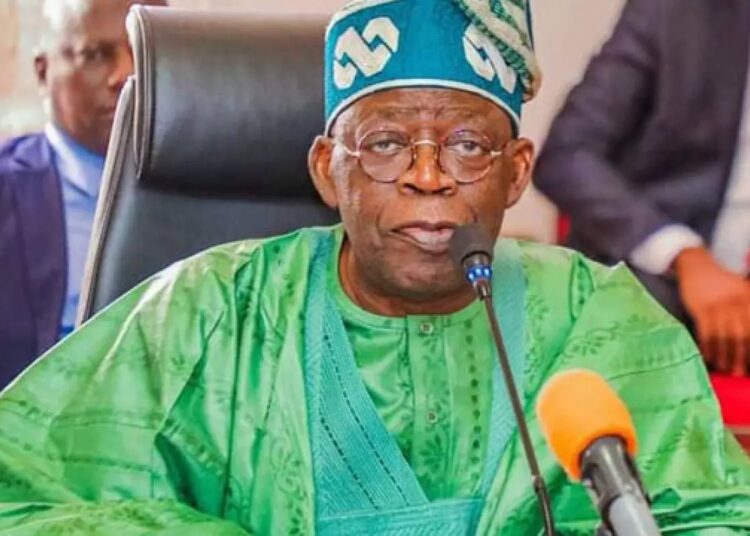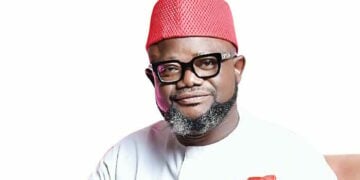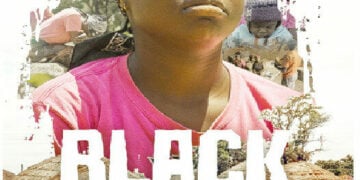The ruling All Progressives Congress (APC) and the coalition opposition party, the African Democratic Congress (ADC), have disagreed over the state of the economy under President Bola Tinubu’s administration.
While the APC said Nigeria’s economy now has strong macroeconomic foundations, the ADC said no administration has inflicted more hardship on ordinary Nigerians than the incumbent.
Both, however, saluted Nigerians’ strength and resilience and hailed the struggles, patriotism, and sacrifices of the nation’s founding fathers.
Both parties made their claims in their messages to Nigerians on the 65th Independence Day anniversary on Wednesday.
The APC, while congratulating all Nigerians on the occasion of the nation’s 65th independence anniversary, said it is a new dawn of great and infinite possibilities in the onward march of progress.
APC national publicity secretary Felix Morka said that despite the difficult challenges, the nation has continued to triumph due to the solid will, perseverance, sacrifices, resilience, and self-evident patriotism of citizens.
“Today, we especially celebrate all Nigerians for their abiding faith, confidence and commitment to peace, unity and progress of our dear country.
“There is no better time to be optimistic about the prosperity of our country than now. Despite the flaws and missed opportunities of bygone political eras, a new dawn now breaks over our country, heralding brighter days for our people and a vibrant future for our country.
“Our ship of state, under the hands of the inimitably bold and visionary president, Asiwaju Bola Ahmed Tinubu, now sails confidently in steady and calmer waters on a charted course to a clear destination of stability, growth, and development, anchored firmly on solid economic foundations.”
The APC spokesman remarked that President Tinubu courageously initiated reforms on day one to reset the economy and unleash its potential for rapid recovery, stability, and wholesome development. These reforms included ending the ruinous fuel subsidy regime and unifying arbitrary multiple foreign exchange systems.
“Although these inevitable reforms brought initial and transient discomforts to Nigerians, today, our country is better for it. All relevant economic markers now show an economy standing on strong macroeconomic foundations and delivering early yields of improved material conditions for our people, and renewed hope for a bountiful future.
“As Mr President has stated, the economy has turned the corner. Our country has become a net exporter, posting consistent trade surpluses in the last five quarters. Non-oil revenue has surged, just as oil production has reached record levels.
“The Gross Domestic Product (GDP) grew by 4.28 per cent in Q2 of 2025, the highest in four years, dwarfing the International Monetary Fund’s (IMF’s) forecast of 3.5 per cent. Our foreign reserve has climbed to over $42 billion, while inflation has crashed to 20.1 per cent, the lowest in recent times.
Aside from terminating the insidious Means and Ways financing of the Central Bank of Nigeria (CBN), the President Tinubu-led administration has reduced the revenue-to-debt-servicing ratio from about 97 per cent to less than 50 per cent.
“The Tax-to-GDP ratio has hit 13.5 per cent, up from about 10 per cent. The volatility of our local currency has ended as the naira has gained stability, restoring and boosting investor confidence.
“With unprecedented uptake in infrastructural investment, the revolution in the agricultural and creative industry sub-sectors is creating massive job opportunities, and the sustained war against insurgency and corruption means our nation stands on the cusp of historic advancement,” he said.
However, countering the claim, ADC’s national publicity secretary Mallam Bolaji Abdullahi said that at 65 years old, the nation is staggering under the failures of President Bola Ahmed Tinubu and the APC.
Abdullahi said, “We face an acute convergence of crises: economic hardship, spiralling insecurity, and a growing loss of public faith in government.”
According to him, the promise of “renewed hope” that Tinubu and his APC campaigned on has given way to widespread disillusionment, as the reforms undertaken by his administration have destabilised millions across the country by compounding inflation, crushing individual purchasing power, and triggering a wave of social pain that the government has failed to cushion.
Abdullahi went on: “Insecurity remains perhaps the most damning indictment of the APC’s misgovernance. Despite years of propaganda about restoring peace, Nigeria continues to bleed across multiple fronts.
“Boko Haram and ISWAP maintain footholds in the North, banditry and kidnappings terrorise the Northwest, and parts of North Central, which were once safe, continue to buckle under the wave of insecurity that has now made its way all the way to our Federal Capital.
“Yet, President Tinubu’s government has yet to articulate or demonstrate a comprehensive security strategy, leaving citizens to fend for themselves amid a fractured, under-resourced, and often predatory security apparatus.
“Worse still, institutional credibility is eroding fast. Many Nigerians view the APC government as elitist, self-preserving, and deeply disconnected from everyday realities. The perceived arrogance and opacity of governance have fuelled public anger, protest threats, and strikes across critical sectors – from health to labour to education. Infrastructure decay continues. The power grid remains unreliable. The health system falters under pressure. All this amid record youth unemployment and growing urban discontent.
“Our 65th independence anniversary should have been a moment of sober national reflection and renewed purpose. Instead, it is overshadowed by a sense of fatigue – an overwhelming burden borne by citizens who see their sacrifices unrewarded, their leaders unaccountable, and their futures uncertain.”
The ADC spokesman declared that since the return of civilian administrations in 1999, no administration has inflicted more hardship on ordinary Nigerians, or done more to erode the foundations of national stability, than the present one.





